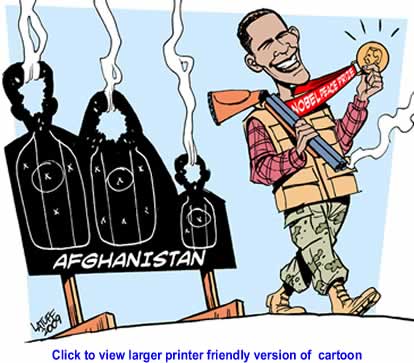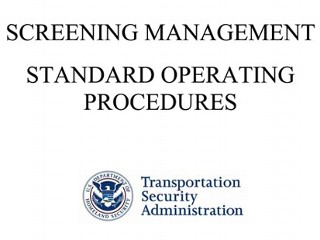Releases from Gitmo are coming back to haunt us
With reports appearing that former Guantanamo detainees played a role in the attempted Christmas Day bombing of Northwest Flight 253, President Obama's plan to shutter the facility, putting detainees back on the streets, doesn't look so popular. Nor should it. Every released detainee has the potential for political and literal blowback.Details are sketchy, but this much we know. On Jan. 24, Guantanamo alumni Mohammed Atiq Awayd al-Harbi (aka al-Awfi, or detainee No. 333) and Said Ali al-Shiri (detainee No. 372), both from Saudi Arabia, appeared in a video announcing their leadership roles in the newly formed al Qaeda in the Arabian Peninsula. This was the same organization that recruited Flight 253 bomber Umar Farouk Abdulmutallab.
Under intense pressure, the Bush administration released the two men to Saudi custody in 2007; they went through Saudi jihadist deprogramming before being released into the population. It did not take. "By God, our imprisonment [in Guantanamo] has only made us more resilient and more committed to our principles that we had fought jihad and been taken prisoners for," al-Shiri said. The al Qaeda video was released within days of Mr. Obama's ordering the facility closed and was viewed widely as a pointed rebuke of the president's gesture.
It is unlikely that al-Awfi had anything to do with the plot because he turned himself back into Saudi authorities in February. Al-Shiri, however, may have had a direct role in the bomb plot because Mr. Abdulmutallab was in Yemen from August to early December, according to the Yemenis. Al-Shiri reportedly was killed in an American-assisted air strike there on Dec. 24, the second of two rounds of bombings in as many weeks personally ordered by Mr. Obama.
The Christmas Day bombing plot became al Qaeda's attempt at payback. "We are carrying a bomb to hit the enemies of God," an al Qaeda member declared at a large public gathering on Dec. 21. It is possible that al-Shiri helped plan an operation that turned into revenge for his own death.
The Guantanamo connection to the Christmas Day attack has prompted some liberal commentators to blame President George W. Bush for the incident. Indeed, the Bush administration released hundreds of detainees, some because they were innocent people caught in the dragnet, some because they no longer had intelligence value, and some, like al-Shiri and al-Awfi, under determined pressure from the Democratic Congress. However, if Mr. Bush's critics had their way, these characters would not have been rounded up in the first place.
Liberals are being forced to deal with the cognitive dissonance conjured by the inconvenient truth that Mr. Bush freed al-Shiri from detention and Mr. Obama hunted him down and killed him. We support the targeted killing program because it is the only aspect of Mr. Obama's national security strategy that is reaping concrete benefits. The "blame Bush" mantra, however, is simply a way for Mr. Obama's left-wing supporters to avoid asking hard questions about the future of terrorist detainees.
Meanwhile, potential reinforcements continue to flow to the region under the president's detainee-release program. On Dec. 20, six Yemenis arrived in the country, shortly to rejoin the general population and perhaps later to capture global headlines. This is no way to run a war or, rather, as the Obama administration would have it, an "overseas contingency operation."
















